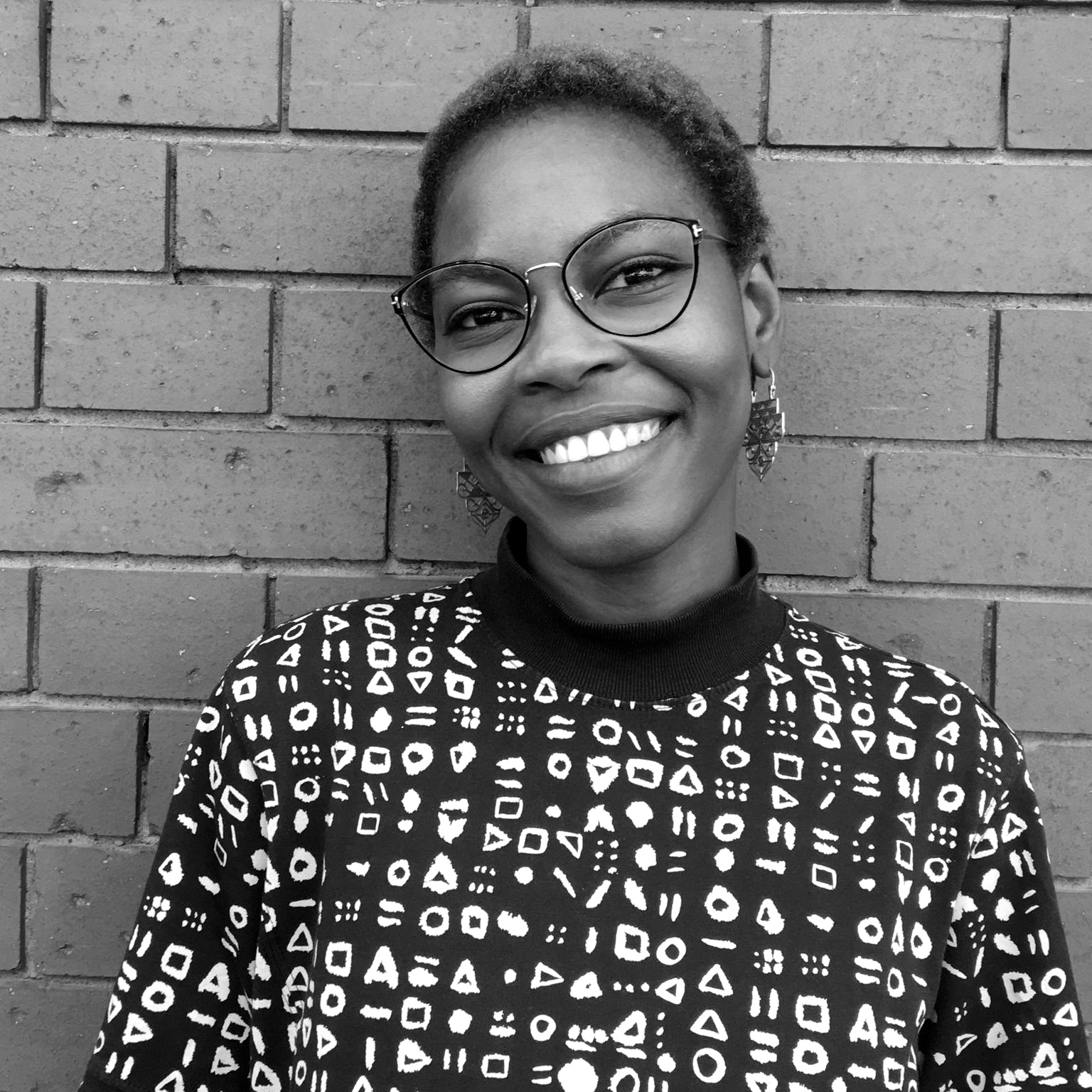
My name is Ornelia, I’m 27 years old and I use my name as pronoun 🙂 I was born in Bénin Republic, grew up in France, and would define myself as a local of Cotonou, the Paris banlieue, and Berlin. I graduated high school in Ivry-sur-Seine, best town in the South of Paris – trust me, before moving on to competitive higher education in a Catholic private school. It was the first time I experienced being the only Black person in an overwhelmingly white space. Moving on to business school, I also noticed a surprising homogeneity in the student corps that did not fit with my personal conception of diversity, equity, and inclusion. I struggled with imposter syndrome for a long time and put an extra emphasis on trying to fit in as much as possible.
Today I have accepted the unease: I am an imposter in these spaces that are mostly built and maintained by people I’m very different from, and that’s actually great because I get to offer and discover new perspectives – which is very exciting for the curious mouse that I am.
During my internship at the Berlin office of a localization company, I helped in the foundation of an employee resource group for colleagues of the LGBTQIA+ community while volunteering for QueerAmnesty.
Seeing the electronic music industry that I currently evolved in, I can tell there is a real will to improve and learn on the topics of DEI. I only regret that the most efforts are concentrated on performative or low-impact actions. I’m not saying there are any easy solutions, or that I know exactly what needs to be done, but I hope that in joining dif we can start a dialogue between all stakeholders and center the outlook of actual diverse communities to try and bring about the changes we are all eager to see unfold.
Resources
The 2020 “black square summer” was a moment where the dance music industry seemed to gain a certain awareness of ordinary racism and classism that was expressing itself within it. However it is unsure whether this realization actually helped Black artists in any meaningful way. This article explores subtle negrophilia in club culture, and how it often prevents real progress as individuals are not able to see its deep roots in racism, which stands in stern contrast to appreciation: technomaterialism.com/negrophilia-in-club-culture
2023 was a difficult year for festivals in terms of expenses, ticket sales, logistics, etc. In this article, a promoter reflects on a different festival model: eamonwyss.medium.com/letting-go-by-design-social-prototyping-in-electronic-music-culture-75bebc313cef
Often DEI implementation in corporations is justified by increased monetary gains instead of being seen as a goal in itself. This article highlights the limit of such an approach and suggests a new reading grid: fastcompany.com/90462867/why-the-business-case-for-diversity-isnt-working
Anyone working in the cultural industry knows how usual late payments are. This article ponders on this general practice and offers a glance at how it helps maintain the kyriarchic status quo: technomaterialism.com/late-payments-as-a-systemic-issue-in-the-cultural-industry
Through the lens of bell hooks’ teachings, Business Teshno calls upon the music industry to demonstrate political solidarity beyond feckless support: groove.de/2020/12/23/business-teshno-a-call-for-solidarity-in-the-electronic-music-industry
Learn about the history of DnB in its societal context: bbc.co.uk/sounds/
A DJ and a writer deep-dive into politics and power dynamics within the electronic music scene in a lively dialogue: babmag.co.uk/abuse-of-power-in-electronic-music-a-conversation